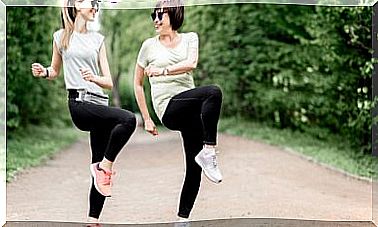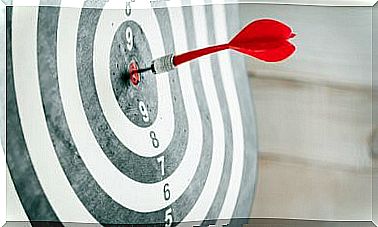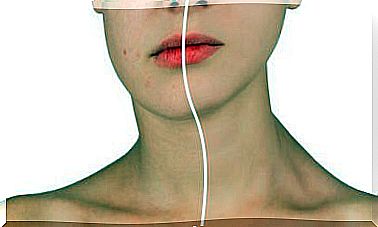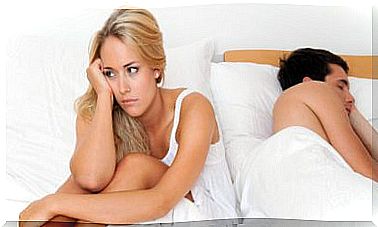Anxiety On Awakening: Why Does It Occur And How To Alleviate It?
Waking anxiety consists of experiencing a series of unpleasant physical and psychological symptoms just after waking up. Especially it happens in the mornings.
If these reactions are prolonged in time, they negatively affect the well-being of the person. Therefore, it is important to know its causes and how to treat it.
What is anxiety?
According to the American Psychological Association, anxiety is an emotion characterized by somatic symptoms of tension. They are experienced when the person anticipates imminent danger, catastrophe or misfortune.
It is one of the most common emotional states and serves to launch the body’s defensive actions. Even a certain degree of anxiety is desirable to optimally cope with the demands of day to day, as a necessary stimulus to progress and solve problems.
However, this emotion becomes pathological when it exceeds a certain intensity or loses its adaptive function. In those cases, it results in significant discomforts in the person, whose symptoms affect physical and mental well-being.
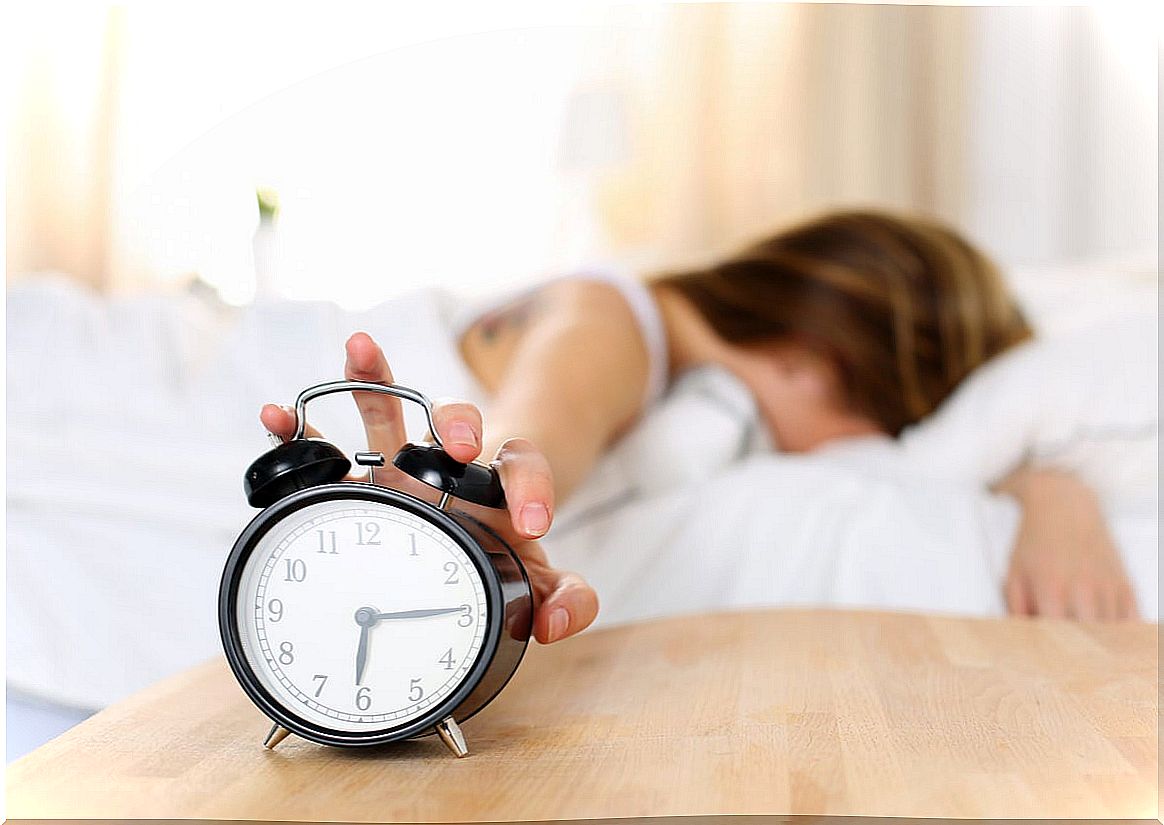
Anxiety and fear
Both anxiety and fear have similar manifestations, since in both there are thoughts of danger, feelings of apprehension, physiological reactions and motor responses. Therefore, they are often confused.
However, the difference between the two reactions is that fear occurs in the presence of dangerous stimuli, such as having a wild animal in front of you. Meanwhile, anxiety appears in anticipation of future threats, which are indefinable and unpredictable.
Symptoms of anxiety upon waking
Not all individuals manifest the same anxiety symptoms upon awakening. The amount and intensity will depend on the biological and psychological predisposition of the person. We can classify them into physical, psychological, behavioral and cognitive signs.
Physical manifestations
Here we can mention the cardiac signs, such as tachycardia, palpitations and chest tightness. This is usually accompanied by a choking sensation and profuse sweating. At the same time, there is a combination of tremors and tingling in the limbs.
Digestive complaints are not uncommon. There may be nausea and vomiting, as well as a punctual pain in the pit of the stomach or epigastrium that is linked to heartburn and gastroesophageal reflux.
Psychological manifestations
Among the psychological symptoms of anxiety upon waking we can mention the following:
- Feeling of danger: or of threat to something that cannot be described.
- Feeling of strangeness: also known as depersonalization .
- Fear of dying: in milder ways it is fear of losing control of situations and of life itself.
- Difficulty making decisions.
Behavioral manifestations
Motor restlessness and difficulty staying still are common symptoms of awakening anxiety that appear as soon as the person gets up. This may be accompanied by a facial expression with a rigid posture and a tight jaw, leading to bruxism.
Cognitive manifestations
Among the cognitive manifestations of anxiety upon awakening is the difficulty to focus attention and concentration in the early hours of the morning. This is related to the intensity of the excessive worry with which the day begins, as well as the flow of negative thoughts.
Anxious people increase their doubts and feelings of confusion. From the moment they wake up, they misinterpret what is happening, both in their intimate surroundings and in the news they hear about.
Causes of anxiety upon waking
Anxiety upon awakening can be due to multiple factors, among which the biological, psychological and social aspects stand out. It is important to emphasize that the reasons that lead to experiencing it will vary between people, the most common being the following:
- Biologicals: genetics play an important role in the suffering of anxiety. The greater the biological predisposition, the greater the risk of suffering anxiety attacks. These people usually have a family history of the condition.
- Psychosocial factors: the experience of stressful situations (work, interpersonal, socioeconomic problems) are usually the triggers for these anxious experiences. In these cases, the person’s coping tools are not enough to handle the circumstances.
- Traumatic experiences : experiencing traumatic events, such as serious accidents, natural disasters, assaults or torture causes biological brain alterations that are related to severe symptoms of anxiety.
- Dream activity: Another reason that causes anxiety when waking up are dreams with distressing content or nightmares. In these cases, the dreamer experiences the dangers as real and, when waking up, it is difficult for him to discern what is perceived. It may even be the case that after a vivid dream, not necessarily a nightmare, the person lasts a considerable period of time wondering if he is still asleep or awake.
How to relieve anxiety upon waking?
Depending on the intensity and frequency of the episodes of anxiety upon awakening, psychotherapeutic intervention will be relevant. Well, it is likely that the person suffers from a disorder whose most effective treatment is usually psychotherapy and, in more severe cases, medication.
Muscle relaxation techniques upon waking
Practicing relaxing muscle exercises will help decrease the incidence of disturbing physical sensations, which, in turn, reinforce negative thoughts. With practice, the physical effects of anxiety could be prevented with these techniques.
Replace chest breathing with abdominal breathing
Shallow and chest breathing can cause hyperventilation, which in turn causes physical symptoms related to anxiety. Here we can mention dizziness, vertigo, palpitations and the feeling of suffocation.
On the other hand, when the person is relaxed, they breathe more deeply and from the abdomen. If you change the way you do it (from the chest to the abdomen) you can use your breath as an instrument to control anxiety.
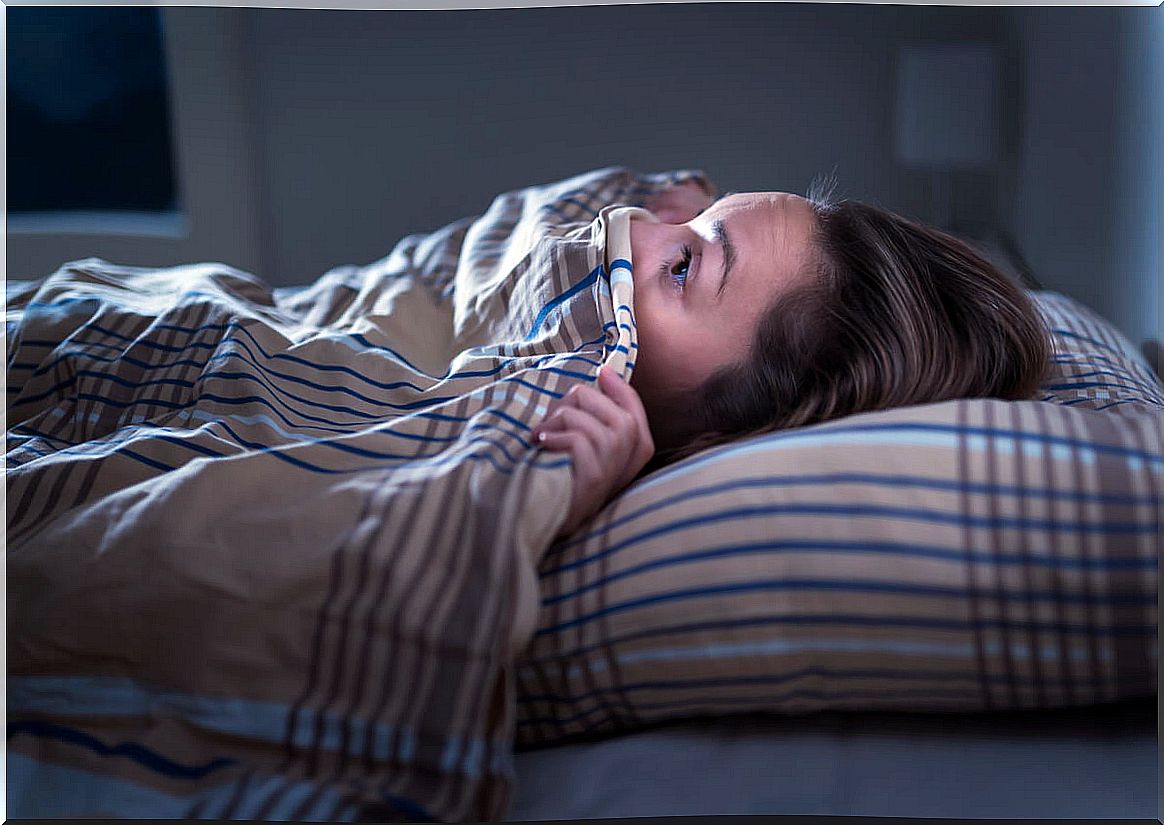
Practice yoga and meditation
Yoga is one of the most calming activities. In addition, it provides tools to establish a unity between mind and body. This will imply a greater control of the anxious physical manifestations.
It is also a way of executing muscle relaxation, as it involves keeping the body in certain flexed positions for a moment and then relaxing it.
For its part, meditation is an activity that allows you to release thoughts related to the past and the future, which leads the person to focus on the here and now. Therefore, it contributes to greater control of the mind and helps to avoid negative thoughts.
Avoid drinking alcoholic beverages and coffee
There are various substances that promote the appearance of anxious manifestations, such as alcohol and caffeine. Decreasing your intake will relieve anxiety upon waking.
The problem of anxiety upon awakening can be addressed
Although it is overwhelming for those who suffer from it, the problem of anxiety upon awakening can be addressed, both from the psychotherapeutic aspects and from home measures. You can accommodate the routine to have time for meditation, as well as regulate night hours to promote quiet rest.
Consult a professional if you have questions. In the medium term, anxiety damages organs and complicates social relationships, which affects different areas, from work to family. The sooner control methods are put into practice, the smaller the effects.
